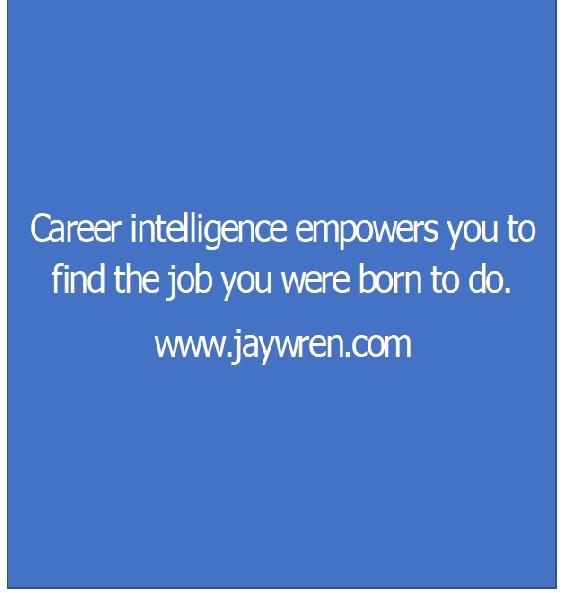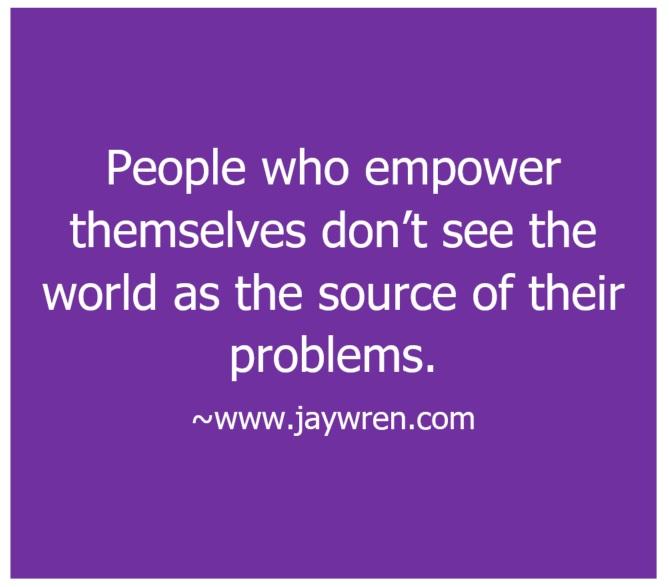Career Intelligence: Aligning your career with the way your brain works will increase your ability to excel in the workplace.
How can you shape your career around the way that you are smart?
What Kind of Solutions Come Easy for You?
Creating a career that matches the way you think can empower you for success. To understand how your brain works, consider these two types of problem solving.
Convergent Thinking
Some people have terrific skills at solving problems with only one answer.
2 + 2 =?
The only answer is 4.
When people solve this type of problem, they are using convergent intelligence. Their reasoning converges or comes together to settle on this one answer.
Divergent Thinking
Divergent thinking skills enables people to see multiple solutions to the same problem.
For example, many people climb a mountain by following a well-marked path. This is the path everyone sees and the only path most people try to find.
However, other people can see multiple paths for climbing the same mountain. These people not only discover new paths. They discover new things along the way.
What Type of Problems Do You Like to Solve?
If you like to solve problems with convergent thinking, developing skills for solving those types of problems should be enjoyable for you.
On the other hand, some industries rely heavily on creative solutions. For example, inventors and innovators are examples of people who have success with divergent thinking.
When to Use Both Ways of Thinking
If you are starting a company, you may have to solve problems as well as seek solutions. You are alone or have a small staff.
For example, website development is a combination of technology and art. You have the skills to put together the website. You also have the skills to create a compelling look for your website.
However, as your company grows, you can outsource jobs that are challenge your patience. Furthermore, you can become more successful working in the areas where your attention goes first.
When are You Most Effective?
Some people are naturally more gifted to think convergently. These people learn quickly and can apply what they learn to solving problems
Other people are more gifted to think divergently. With less knowledge than convergent thinkers, the people see options intuitively. They excel in helping companies find new ways to succeed in failing conditions.
Career Intelligence
Finding jobs where you can use your career intelligence most effectively will help you become more successful.
Developing skills in areas of both convergent and divergent thinking will help you throughout your career.
However, working the area you most enjoy will increase your drive to get to work and complete tasks.




